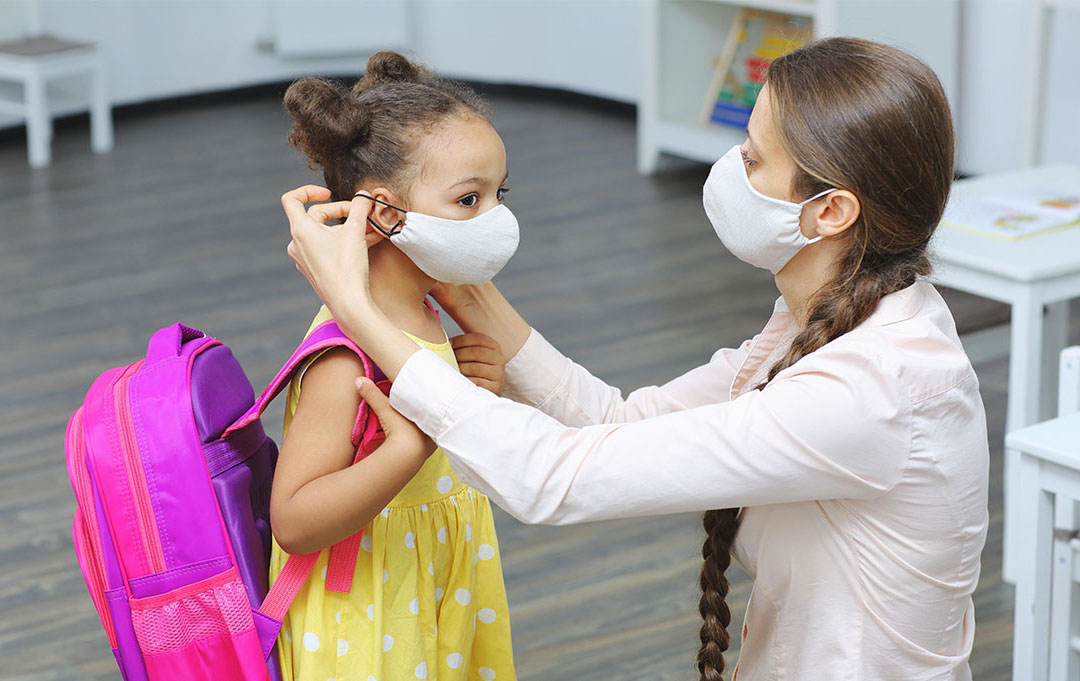
Historic Crisis, Historic Opportunity: Using Evidence to Mitigate the Effects of the COVID-19 Crisis on Young Children and Early Care and Education Programs
The COVID-19 crisis has brought unprecedented challenges to the high-quality early care and education (ECE) experiences that are essential for young children to thrive. Throughout the pandemic, early childhood policymakers had to quickly make high-stakes decisions with significant consequences for young children and the ECE programs that serve them. They oftentimes did so with little data or evidence to guide them. The issue wasn’t a lack of evidence. In fact, researchers around the country wrote over 300 reports to capture the impacts of the pandemic on young children and ECE programs. But the sheer volume of reports and findings were oftentimes overwhelming, especially for leaders inundated with urgent, day-to-day demands. They lacked the time and bandwidth to find, sort, read, and reflect on the evidence.
As the United States starts to recover from the pandemic, ECE leaders continue to need a clear understanding of the pandemic’s impact both on young children’s learning and on the ECE programs and teachers that play a critical role in the lives of young children, families, and the U.S. economy. To meet this need, our team of early childhood experts synthesized findings from 76 high-quality studies, spanning 16 national studies, 45 studies from 31 states, and 15 local studies. We then collaborated with ECE policy and practice leaders from multiple states to identify actionable, evidence-backed, and equity-centered solutions for addressing young children’s immediate needs, stabilizing hard-hit ECE programs, and mitigating longer-term ramifications of the crisis.

Key findings
Across 63 high-quality studies examining the effects of the pandemic on young children's learning experiences and outcomes, we find that:
• Some of the necessary changes that were made to young children’s in-person learning environments to enhance safety were not conducive to learning and social skill development.
• Remote/hybrid learning was challenging for children, families, and teachers and resulted in significantly less learning time and lower-quality instruction.
• Young children’s learning and development suffered setbacks during the crisis.
• Effects of the crisis have not been born equally. Children of color, DLLs, and children from families with low incomes appear to have been more negatively affected. Young children with special needs may not have been identified and may not have gotten the services they needed to thrive.
The authors thank the Heising-Simons Foundation and grant officer Kimberly Brenneman for their support for this work. We also thank Jasmina Camo-Biogradlija, Nicole Wagner, and Olia Vradiy for invaluable support and we thank Julia Isaacs and Laura Wagner for meeting with us and providing insights into the Urban Institute’s list of COVID-19 child care surveys and data analyses. Correspondence regarding this brief should be sent to Christina Weiland at [email protected].
Download the report →
